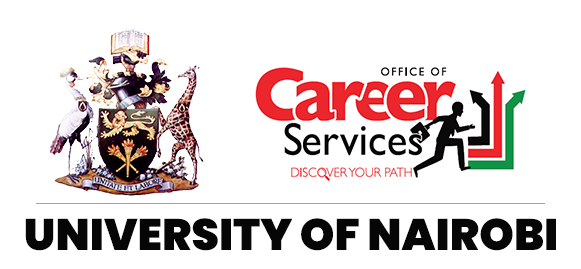Covid-19 Pandemic arrived with a bang, yes, a negative one it is. Many were abruptly left jobless, an occurrence that caught them unaware. This is likely to be the trend going forward as the world over is transforming in to life with Covid-19. Many employers are already inputting and thinking on the best strategies to adopt while at the same time endeavoring to maximize on the human resources available. As such, the long-range economic impacts of the COVID-19 crisis are unclear at this time, but near-term hiring plans for most employers are already in a state of flux. Students and especially final year students should be mentally prepared for this harsh reality even before entering the employment industry.
So, with all this uncertainty what could be next for the new job searchers? The final Year University Students who are optimistic, energetic and enthusiastic about getting their dream jobs? There is no hope lost yet as companies are transitioning in to running things with the pandemic. Students may need to keep tabs and re-align themselves with these changing trends. Adopting is the new normal in the employment industry. Below are a few ideas that intended to help students stay abreast of the shifting environment and develop strategies for navigating during the uncertainty, as well as prepare for a post-crisis job market. A few points to maintain perspective:
- Be patient and optimistic. Most employees are either acting or have already started to act by suspending hiring or downsizing on the already existing staffs. This has been occasioned by the existence of the pandemic. There is a risk of most employers suspending hiring activities. The degree of uncertainty that is predicted to sustain into the fall is likely to cause many employers to put an indefinite pause on plans. This doesn’t mean they won’t hire again, just that right now they can’t make accurate predictions.
- Take time to make deep research on the new employment trends. The looming health crisis will eventually subside. How much upheaval it will leave in its wake is open to speculation. However, there is reason to believe that most things currently shuttered will resume some semblance of operation. Students should focus on positioning themselves for fast re-entry into the job market when conditions begin to re-stabilize. That means spending time now deeply researching interest fields and employers, perfecting resumes and social media profiles, expanding their network of professionals, and honing interviewing skills.
- Beware that there is likelihood of increased demand for goods and services in certain industries. Some industries are currently experiencing or will experience increased demand for goods and services because of the crisis, such as health care, pharmaceuticals, grocery chains, delivery services, virtual technology tools, remote instruction, and others. As the crisis lingers, many of these industries will need to ramp up hiring.
- Stay in touch with potential employers. Companies are also keeping in touch with potential candidates. Such companies are bound to make a quicker rebound than others. For the current crisis, that means students who have already made significant inroads with employers should maintain contact and consider ways they can engage remotely, even temporarily. For example, are there projects that could be performed on a contract basis?
Plan to adopt to new working practices. As people working remotely adjust to new virtual options, some newly adopted practices will be sustained. That means new businesses or services may emerge from the crisis, creating opportunities for students with a more entrepreneurial orientation. Researching where some of these trends are heading may lead to some unexpected opportunities.
With so many aspects beyond individual control, students are advised for the present to focus on maintaining a positive mindset and on that which can be controlled. HR Practitioners have advised job searchers not to abandon the dream job, but devise a Plan B and even Plan C to get through the next steps. Use the immediate time to make investments in foundational career development and job search skills.

